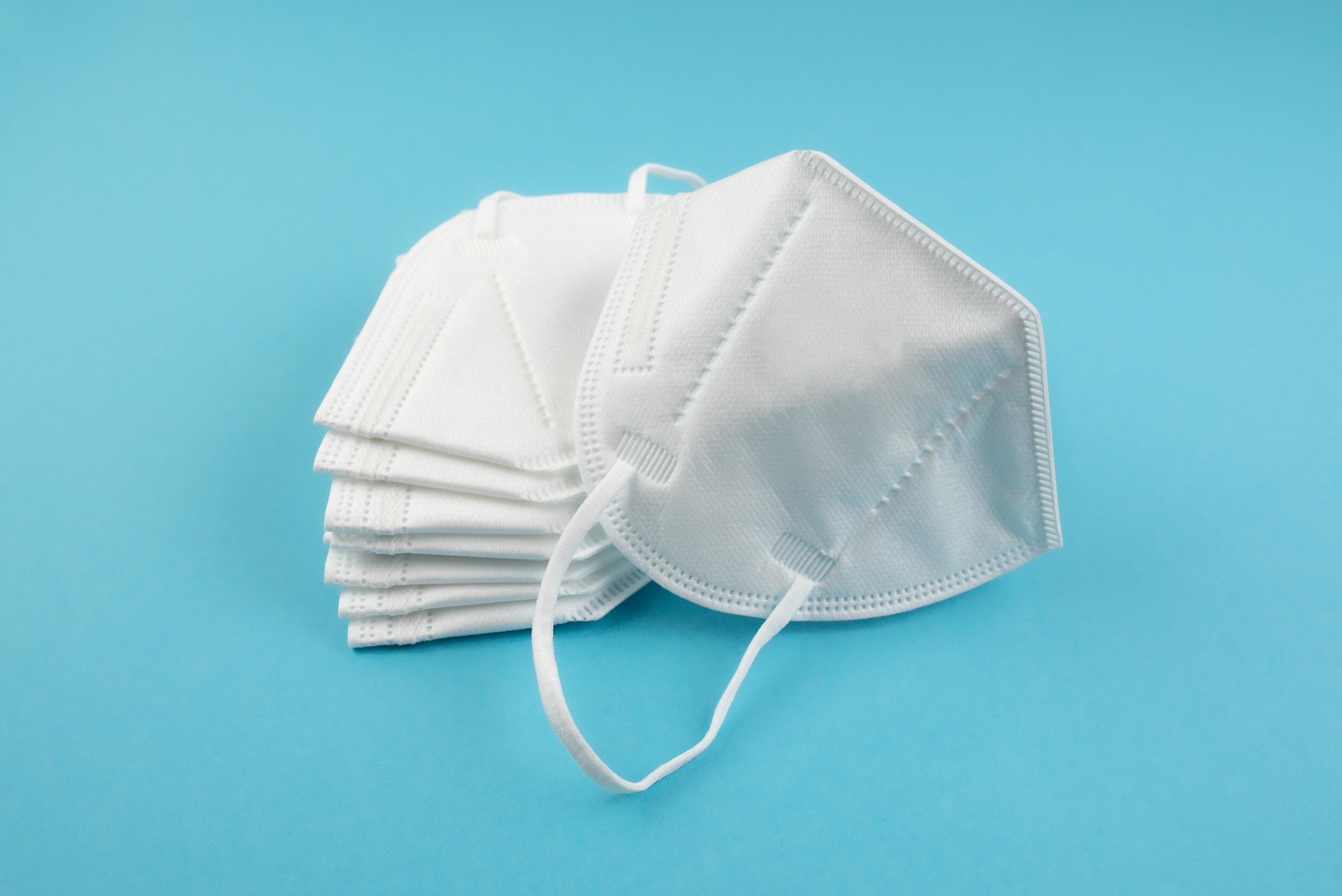 |
| Photo credit – Virginia Commonwealth University |
One-third were undergoing treatment for cancer, one third were cancer survivors having completed treatment, and one third were people with no history of cancer. The study was published in the February 2022 journal Patient Education and Counseling.
The survey conducted before vaccines became available asked whether participants agreed or disagreed with a range of statements related to Covid-19 such as, "The future vaccine will contain a microchip," or "Gargling with or swallowing bleach will get rid of Covid-19."
Results showed that males were more likely to endorse Covid-19 misinformation, while older participants were less likely to endorse such misinformation. As a group, cancer survivors, no longer under treatment, were least likely to endorse misinformation, while cancer patients undergoing treatment were most likely to endorse misinformation.
“It may be that survivors currently undergoing treatment have heightened anxiety about how the current pandemic will impact their course of survival, leading them to seek out more information on the internet or via social media where they are more exposed to misinformation,” they wrote.
Source: University of Virginia press release and Patient Education and Counseling


No comments:
Post a Comment